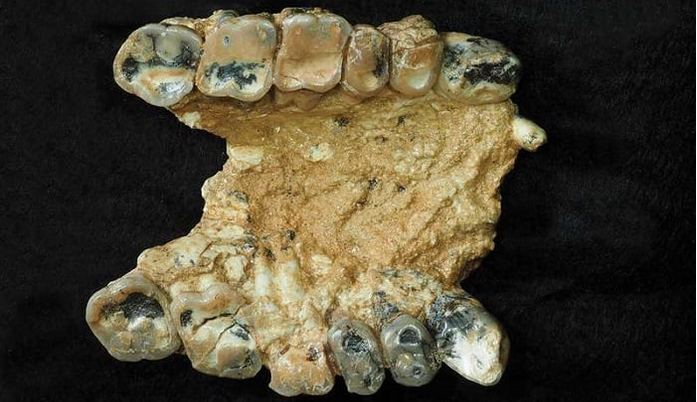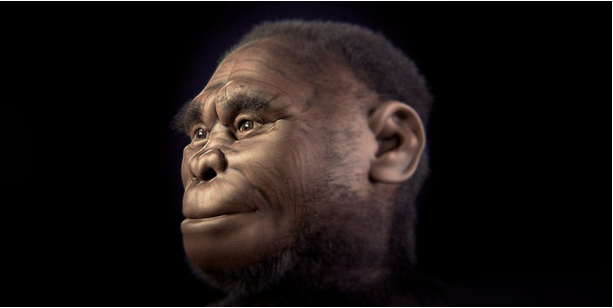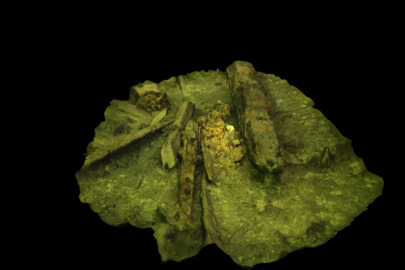A recent analysis of fossils recovered in the 1990s in the village of Nikiti of northern Greece supports the controversial idea that apes, the ancestors of humans, evolved in Southeastern Europe instead of Africa.
The 8 or 9-million-year-old fossils had first been linked to the extinct ape called Ouranopithecus.
However, a team led by David Begun from the University of Toronto’s Department of Anthropology has recently analyzed the remains and determined that they likely belonged to a male animal from a potentially new species.
By inspecting the upper and lower jaw of the ancient European ape, the team suggested that humanity’s forebearers may have evolved in Europe before migrating to Africa, potentially upending a scientific consensus that has stood since Darwin’s day.
In 1871, Darwin proposed that all hominins, including both modern and extinct humans, descended from a group in Africa. This is the most widely accepted theory today.
Read more: Greek Reporter





































